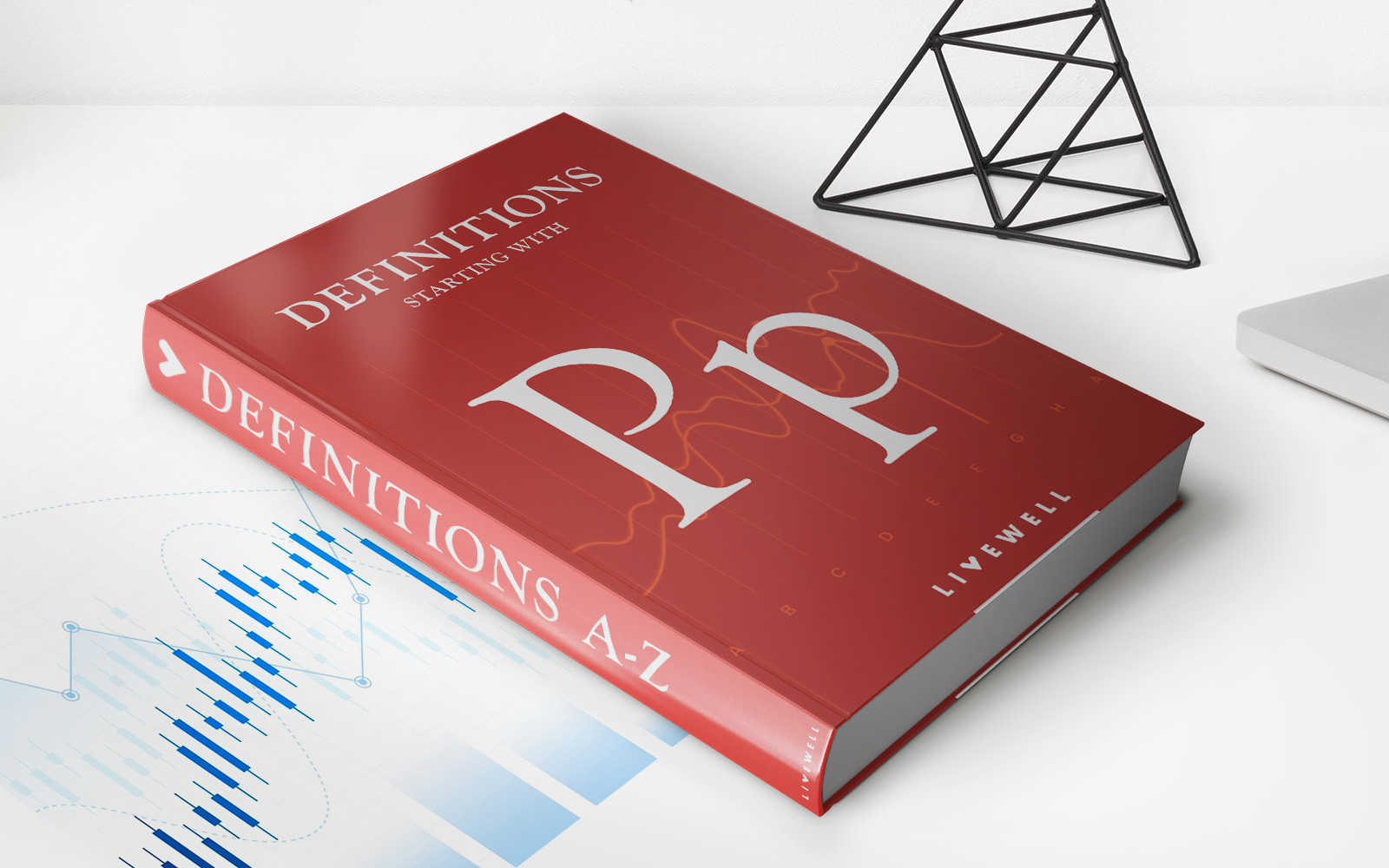Home>Finance>Financial Power Of Attorney: Definition, Required Forms, Example


Finance
Financial Power Of Attorney: Definition, Required Forms, Example
Published: November 24, 2023
Get the Financial Power of Attorney Definition, Find Required Forms, and See an Example. Protect your finance with a legally-binding document and grant someone control over your financial matters.
(Many of the links in this article redirect to a specific reviewed product. Your purchase of these products through affiliate links helps to generate commission for LiveWell, at no extra cost. Learn more)
Financial Power of Attorney: Definition, Required Forms, Example
Are you looking for a way to protect your financial interests and ensure your affairs will be taken care of if you are unable to manage them yourself? A Financial Power of Attorney can provide you with the peace of mind you need. In this blog post, we will delve into the definition of a Financial Power of Attorney, discuss the required forms to establish one, and provide an example of how it can be used.
Key Takeaways:
- A Financial Power of Attorney is a legal document that designates someone to act on your behalf in managing your financial affairs.
- Creating a Financial Power of Attorney requires specific forms that vary by jurisdiction, so it’s crucial to consult with an attorney or use reputable online resources to ensure you have the right documents.
What is a Financial Power of Attorney?
A Financial Power of Attorney is a legal instrument that grants authority to another person or entity, known as the attorney-in-fact, to handle your financial matters on your behalf. This document can be invaluable in situations where you are unable to make financial decisions due to illness, disability, or absence.
By executing a Financial Power of Attorney, you can appoint a trustworthy individual to manage your finances, pay bills, make investment decisions, and handle other financial matters according to your instructions. It allows you to maintain control over your assets while ensuring someone you trust is empowered to act on your behalf.
Required Forms for a Financial Power of Attorney
The specific forms required to create a Financial Power of Attorney can vary depending on your jurisdiction. It is essential to consult with an attorney or use reputable online resources to ensure you have the correct documents tailored to your location.
Generally, a Financial Power of Attorney form includes the following elements:
- Principal: The person granting the authority, also known as the grantor or donor.
- Attorney-in-fact: The person or entity appointed to act on behalf of the principal.
- Powers and limitations: The scope of authority granted to the attorney-in-fact and any restrictions or limitations on their actions.
- Effective period: The specific timeframe during which the Financial Power of Attorney is valid.
- Revocation: The ability to revoke or terminate the Financial Power of Attorney.
Details may vary based on your jurisdiction, so it’s important to research or seek professional advice to ensure compliance with local laws and regulations.
Example of a Financial Power of Attorney
Here is an example snippet of a Financial Power of Attorney form:
FINANCIAL POWER OF ATTORNEY
Principal: [Your Name]
Address: [Your Address]
Attorney-in-fact: [Attorney-in-fact’s Name]
Address: [Attorney-in-fact’s Address]
Powers: The attorney-in-fact is authorized to manage all financial affairs, including but not limited to:
- Banking transactions
- Real estate transactions
- Insurance matters
- Investment decisions
- Bills and debt management
Effective period: [Start Date] to [End Date]
Revocation: This Financial Power of Attorney may be revoked at any time by the Principal.
This is just a basic example, and it’s crucial to consult a legal professional to ensure your specific needs and circumstances are appropriately addressed in your Financial Power of Attorney.
Conclusion
A Financial Power of Attorney is a crucial legal document that grants someone you trust the authority to manage your financial affairs on your behalf. It provides you with peace of mind, knowing that your financial interests will be handled efficiently even if you are unable to do so yourself.
Key Takeaways:
- A Financial Power of Attorney ensures your finances are managed by someone you trust if you are unable to do so yourself.
- Consult with an attorney or reliable online resources to ensure you have the correct forms for creating a Financial Power of Attorney.
By understanding the definition of a Financial Power of Attorney, familiarizing yourself with the required forms, and seeking professional advice, you can take control of your financial future and protect your interests.














